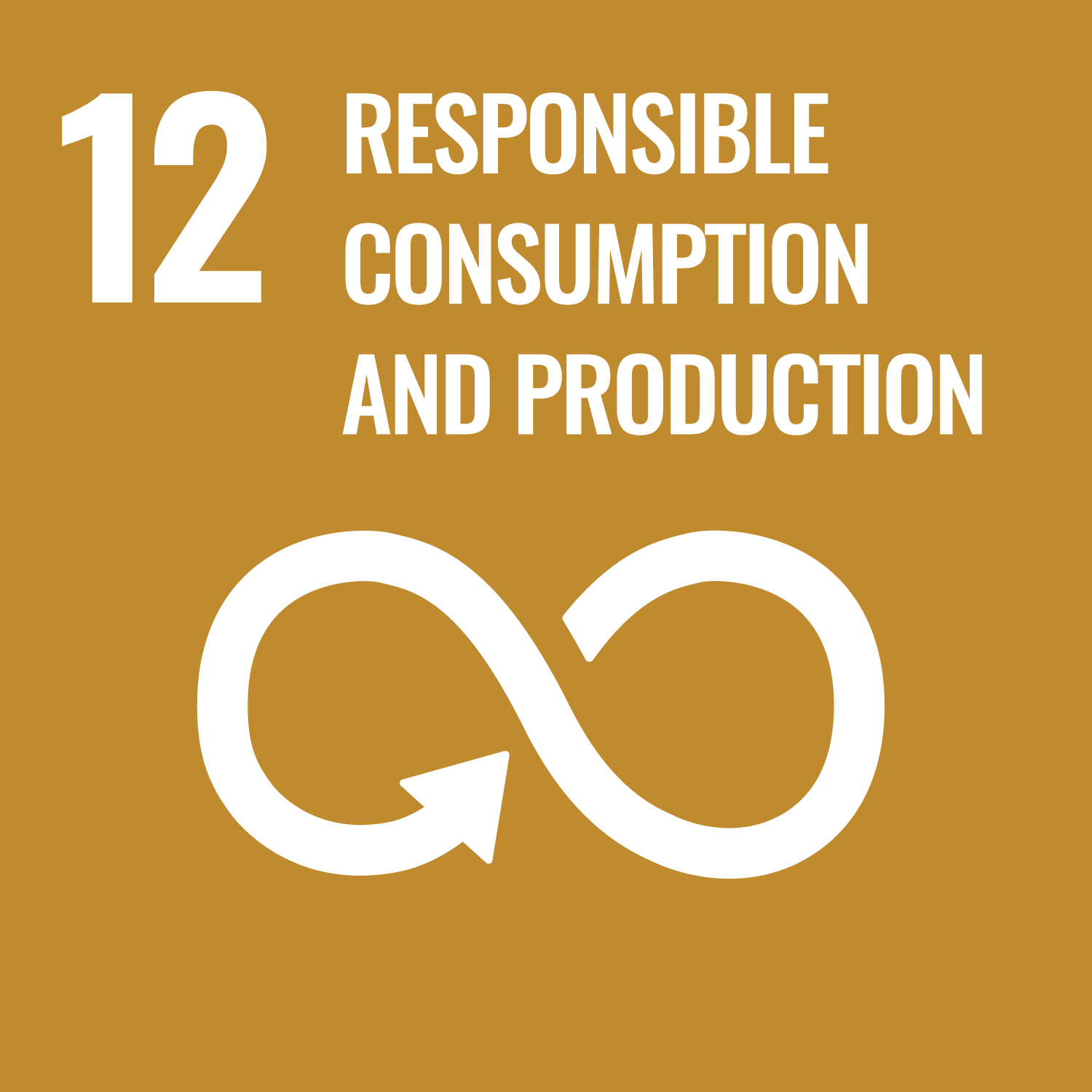ORCID
- S Goodhew: 0000-0003-1227-217X
Abstract
Insulating earth walls with an external layer of hemp–lime improves thermal performance in a sustainable way and could promote the wider use of earth in construction. Monolithic earth walls, known in Devon as cob, are widely used in many countries with temperate climates. Earth walls are a form of sustainable construction, but their thermal performance is poor when measured against current UK Building Regulations. Non-permeable, high-performance insulation materials may cause moisture-related problems in earth walling. Therefore, this paper describes the transient thermal properties of monolithic cob walls retrofitted with external hemp–lime insulation, which offers a permeable solution. The transient thermal properties of the walls are calculated using bespoke software developed for an earlier study of brick walls and the air-to-air thermal transmittance is determined for various thicknesses of hemp–lime insulation. Typical cob walls found in Devon have U-values >1 W/m2 K, or about three times the 0·3 W/m2 K UK Building Regulations target. For a 600 mm thick cob wall with 250 mm of external hemp–lime, a U-value of 0·3 W/m2 K is achieved. Five areas of concern are discussed briefly: caution, sustainability, acceptability, uncertainty in data and the possible energy and carbon dioxide savings.
DOI Link
Publication Date
2017-02-01
Publication Title
Construction Materials, Proceedings of the Institution of Civil Engineers
Volume
168
Issue
6
Acceptance Date
2015-11-01
Recommended Citation
Griffiths, R., & Goodhew, S. (2017) 'Thermal properties of cob retrofitted with external hemp–lime', Construction Materials, Proceedings of the Institution of Civil Engineers, 168(6). Available at: 10.1680/jcoma.15.00029


